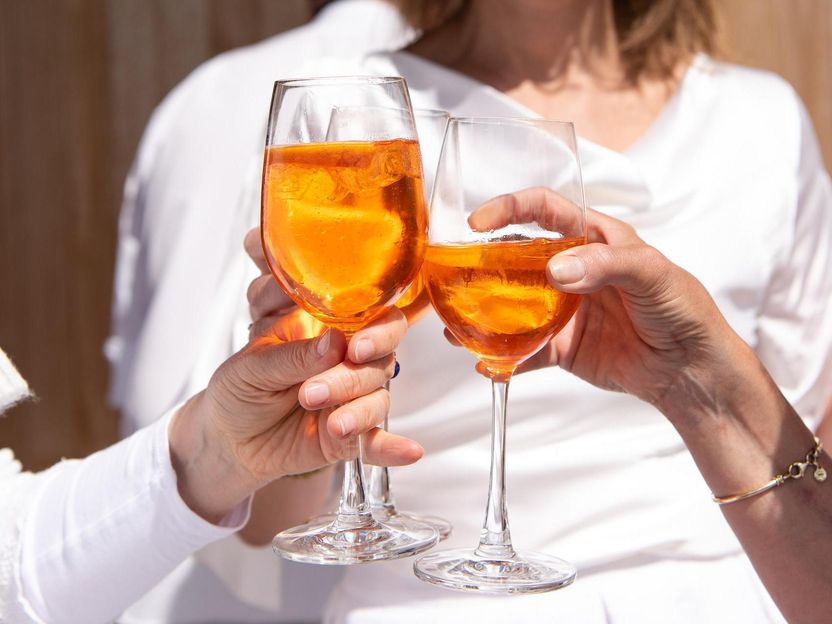Caution in the heat: alcohol is not suitable as a thirst quencher
Advertisement
Whether at the end of the day, while swimming or on vacation - for many, beer, wine or cocktails are part of summertime. But summer temperatures call for special caution when dealing with alcohol. This is because both Alcoholic beverages and high temperatures dilate the blood vessels, blood pressure drops, and the body also loses fluid. This can lead to circulatory problems and even unconsciousness. The German Federal Center for Health Education (BZgA) advises non-alcoholic thirst quenchers in hot weather.

Symbol image
Bild von pen_ash auf Pixabay
Drink plenty - but no alcoholic beverages
Summer heat leads to increased sweating, and the need for fluids rises. Who drinks then alcohol-containing, does exactly the wrong thing, because alcohol withdraws further water and valuable mineral materials from the body. The body is depleted and runs the risk of dehydration. It can no longer produce enough sweat to protect itself from overheating - this can lead to heatstroke and even circulatory collapse. Instead, water, unsweetened tea or isotonic drinks are suitable thirst quenchers. Fruit - chilled watermelon, for example - can also provide refreshment.
Don't swim or go swimming under the influence of alcohol
Under the influence of alcohol, people overestimate their own abilities. In addition, even at a low concentration of alcohol in the blood, coordination and perception are impaired. If you swim drunk, you can suffer a cold shock at a water temperature of 20 to 22 degrees Celsius - in the worst case, you could suffer heart failure.
Stay within the limit even in summer
Women should drink no more than one small glass of an alcoholic beverage per day: no more than 0.3 liters of beer or 0.125 liters of wine. For men, the recommendation for low-risk alcohol consumption is twice as much: i.e., no more than 0.6 liters of beer or 0.25 liters of wine. And for everyone: At least two days a week should be alcohol-free to prevent habituation.
Note: This article has been translated using a computer system without human intervention. LUMITOS offers these automatic translations to present a wider range of current news. Since this article has been translated with automatic translation, it is possible that it contains errors in vocabulary, syntax or grammar. The original article in German can be found here.



























































